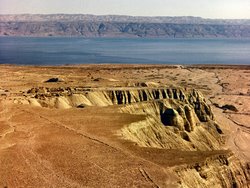Professor Sokoloff’s A Dictionary of Jewish Palestinian Aramaic of the Byzantine Period limits itself to the best and most reliable sources of JPA
The New Testament in Modern Hebrew

In this series Dr. Ray Pritz, head of the Bible Society in Israel, describes the challenges faced by the Society’s translation committee in rendering the synoptic Gospels into modern Hebrew, and some of the solutions it found.
Did Jerome see the Hebrew Gospel of Matthew?

Not only did Jerome (374-420 A.D.) claim to have seen a Hebrew gospel, he said he had translated it.
Sidebar: “Ears of Corn”?
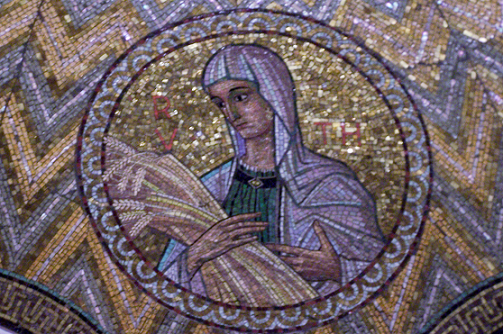
Does the New Testament depict the disciples picking yellow sweet corn (maize) in firs-century Israel?
Sabbath Breakers?
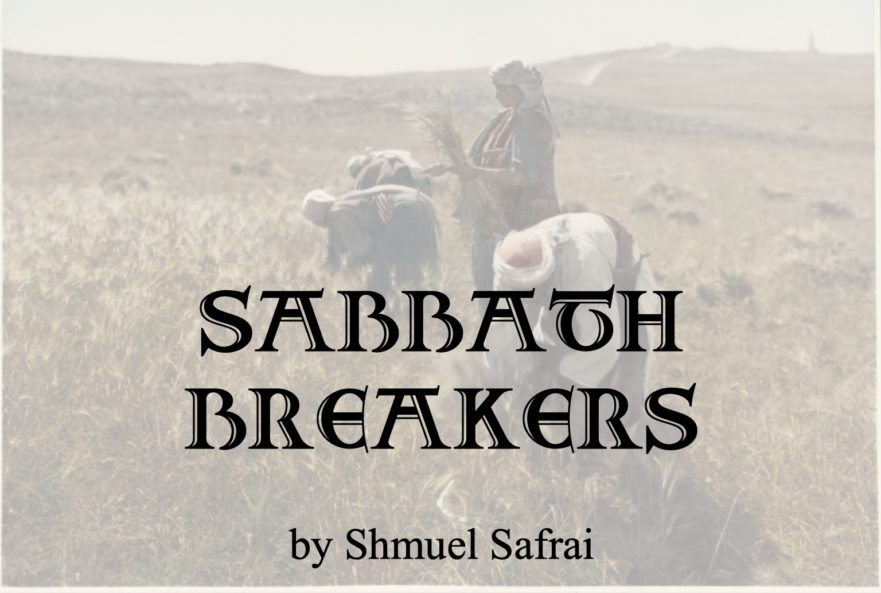
Jesus’ observance of the commandments has been a topic of vigorous scholarly debate. However, when the Synoptic Gospels are carefully examined, one sees that Jesus never violated written or oral Torahs. But did his disciples?
Hebrew Nuggets, Lesson 24: Messiah (Part 2)

Athough the concept of Messiah is importance both in Judaism and Christianity, the Hebrew word מָשִׁיחַ (maSHIaḥ, messiah) was not often used in Jesus’ day. Jesus and his contemporaries rarely spoke of the Messiah by that name, but preferred to use other more oblique terms. In the New Testament, maSHIaḥ almost always appears in its Greek translation: χριστός (christos, anointed with oil; Christ). The Greek transliteration μεσσίας (messias) appears only twice, in John 1:41 and 4:25.
Gospel Postcard: Kefar Naḥum (Capernaum), the Village of Nahum

Jesus’ move from Nazareth to Capernaum was a tremendous change—from a little farm village hidden up in the hills, to a bustling lakeside fishing port.
Book Review: Michael Hilton and Gordian Marshall’s The Gospels and Rabbinic Judaism
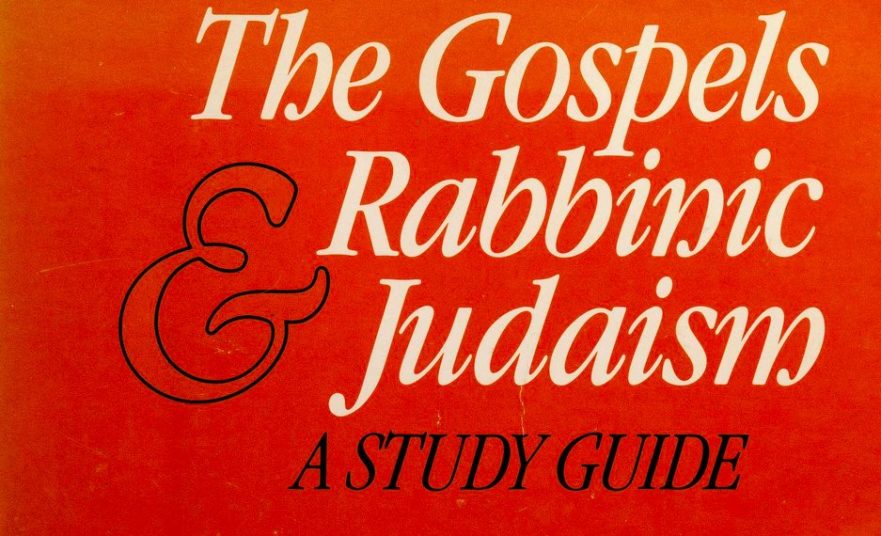
Based on studies held for lay audiences over the years by a Dominican priest and a Jewish rabbi, this book focuses on seven themes particularly relevant to Jewish-Christian dialogue today: The Great Commandment, the synagogue, the parable, halachah, the Sabbath, divorce and forgiveness.
Gospel Postcard: The Sea of Galilee’s Beauty

Jesus spent much of his ministry in the vicinity of the Sea of Galilee. It was to the residents of the towns and villages bordering the lake that Jesus first preached, and he called his disciples from among the lake’s fishermen.
Book Review: David Flusser’s The Spiritual History of the Dead Sea Sect
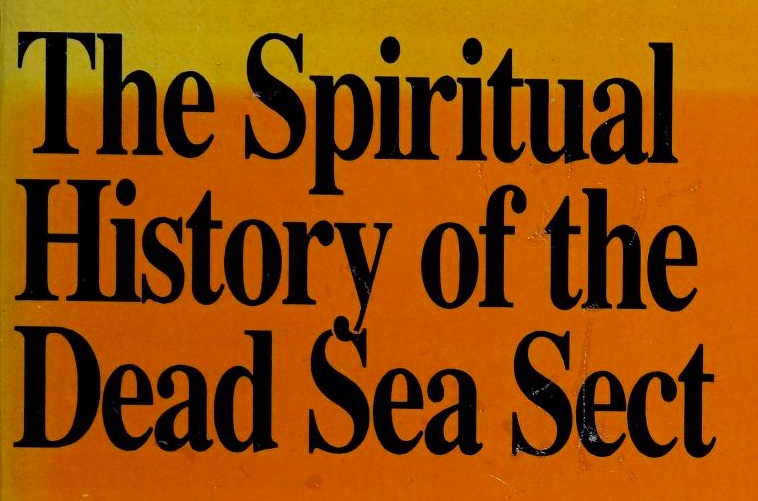
Based on a series of radio lectures, the book retains much of its original conversational tone and structure, but has been expanded to present a more detailed overview.
Views of the Jerusalem School of Synoptic Research

Underlying the research of the Jerusalem School is the hypothesis that the original biography of Jesus was written in Hebrew.
Hebrew Nuggets, Lesson 23: Messiah (Part 1)

The word “messiah” arouses great emotion in the hearts of Jews and Christians alike. In Hebrew Nuggets, Lesson 23, we examine the background of this Hebrew word. There is only one new letter for us to learn in the word מָשִׁיחַ (ma·SHI·aḥ, messiah). This is the letter ח (ḥet), the last letter of the word. ח (ḥet) is the eighth letter of the Hebrew alphabet. As already mentioned, Hebrew letters also serve as numbers. Being the eighth letter of the alphabet, the numerical value of ḥet is 8.
Jesus and the Essenes
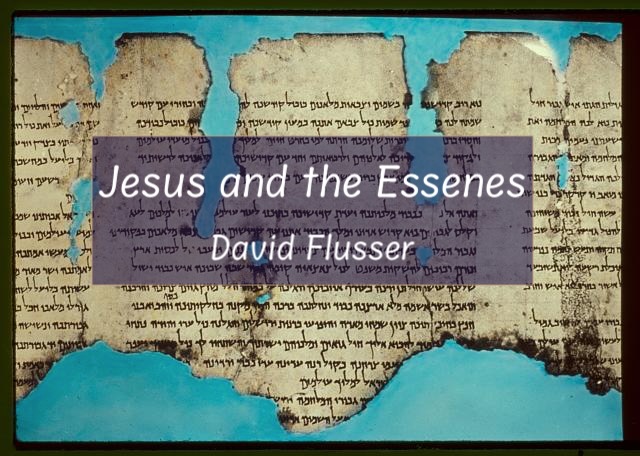
The Essenes’ favorite name for themselves was “the sons of light.” In the Synoptic Gospels the term appears only in Luke 16:8, and the reference is not very flattering. Was Jesus making an ironic reference to the Essenes?
What Kind of Blessing Is That?

In some cases a more informed understanding of the original setting of the Gospels can be communicated easily in a translation. A good translation will reflect that fuller, culturally appropriate understanding.
A Friend of Tax Collectors

Tax collectors were especially hated because they increased their profit by collecting more taxes than their masters actually demanded.
Why does Jerusalem Perspective avoid using the term “Old Testament”?

It is not just in deference to Jewish sensitivities that we avoid “Old Testament,” but because we feel that for the Christian as well the term misrepresents the document.

